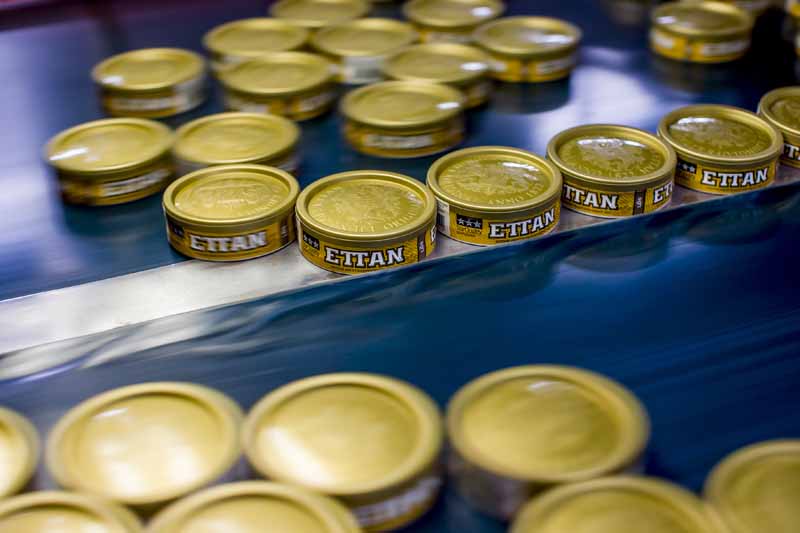A consumer group that aims to ensure smokers have safer alternatives to cigarettes is today challenging the UK government in the High Court in a bid to lift an EU ban on snus.
The New Nicotine Alliance (NNA), led by Professor Gerry Stimson of Imperial College London, wants snus, which is used by a fifth of all men in Sweden, to be legalised.
‘Sweden has by far the lowest rate of smoking in the developed world,’ NNA said in a press note. ‘Government figures show that just five percent of its men aged 30 to 44 years old are regular smokers compared with 22 percent in the UK.
‘Scientists conclude that the widespread use of snus as an alternative to smoking is the reason that diseases including lung and mouth cancer are far lower in Sweden.’
“The UK is failing very badly compared with Sweden at bringing down smoking rates,” Stimson was quoted as saying. “It is a tragedy that we have four times as many men in their thirties smoking than in Sweden and disastrous that we are banning the most successful alternative to the biggest cause of preventable death.”
Stimson is scheduled to tell the High Court of research showing that male lung cancer rates in the UK could more than halve if it had similar levels of snus use to Sweden.
He is said to be particularly angered that some Swedish and Norwegian users have started smoking when they move to the UK because they can’t buy snus in the UK.
“Everyone was taken by surprise by the way millions of smokers flocked to e-cigarettes to help them quit smoking,” said Stimson. “Yet nine million people in the UK continue to smoke and proven alternatives like snus should be available to help those who want to quit.
“Smokers should have the widest choice of reduced risk products so that they can find the one that works for them.”
In parallel with today’s legal attempts to overturn the ban, a group of 22 Conservative MPs has written to the Health Secretary urging him to include snus in his forthcoming Tobacco Control Plan which will cover Britain’s smoking policy after Brexit.











